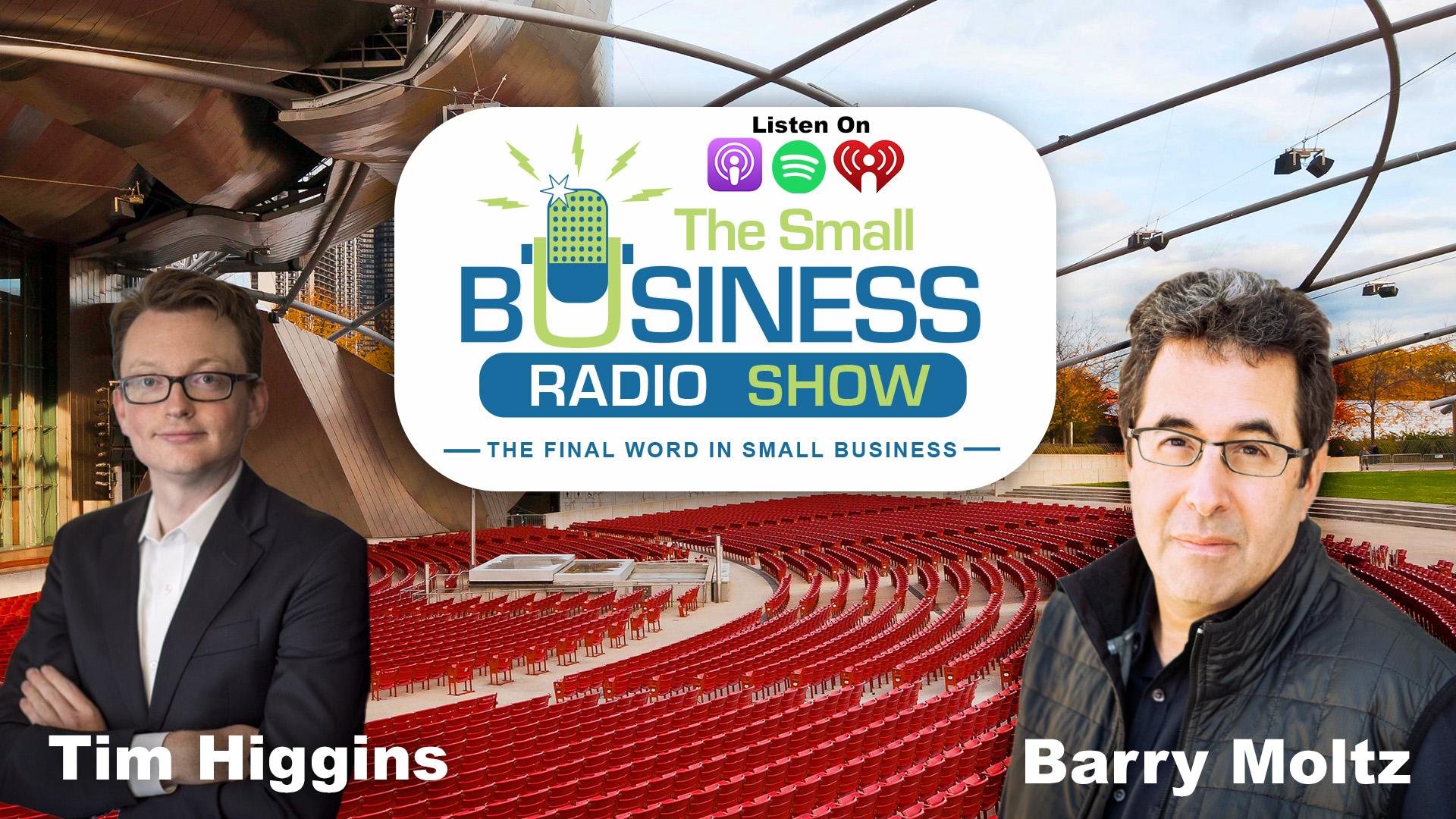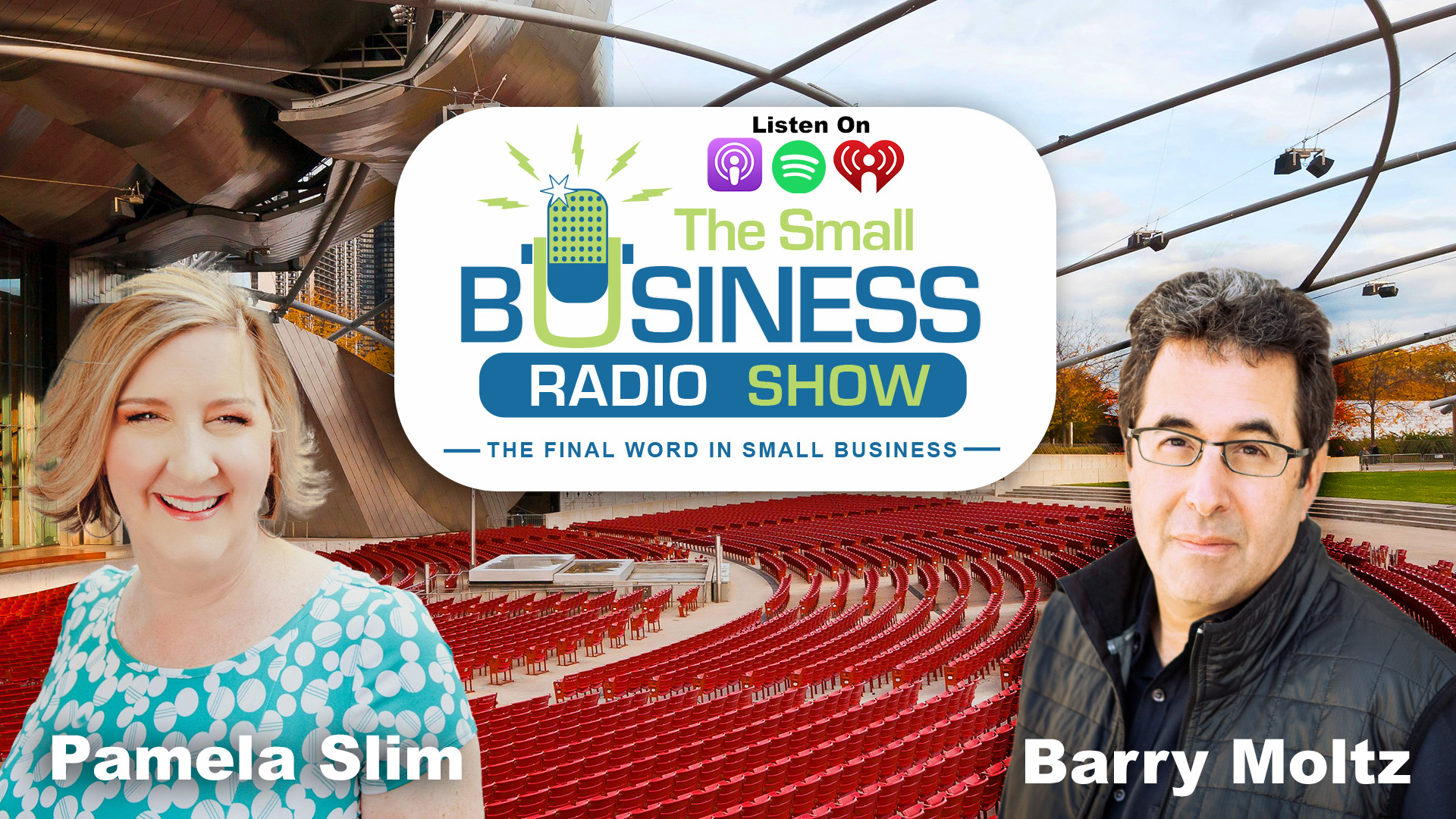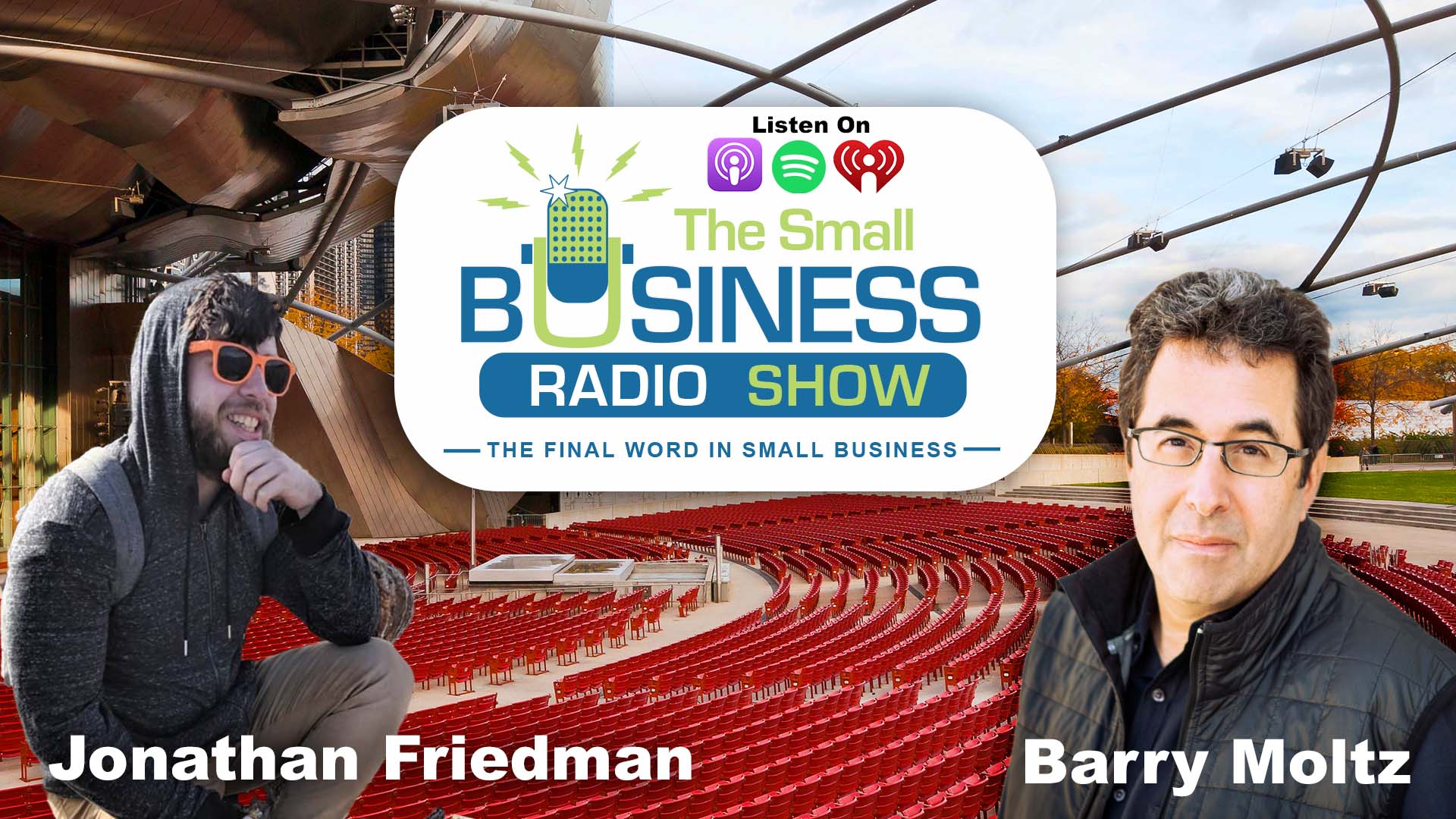Listen to “#656 Inside the Outrageous Story of Elon Musk and Tesla’s Bid to Build the World’s Greatest Car” on Spreaker.



On this episode of The Small Business Radio Show…
SEGMENT 1 with Tim Higgins, starting at 0:00: For a lot of entrepreneurs, people like Elon Musk are their hero – they buck current trends and can be brash against the establishment. What is Elon Musk really like and how did he build Tesla? Journalist Tim Higgins gives us the inside story.
SEGMENT 2 with Pamela Slim, starting at 18:30: What if dozens of your ideal clients were easy to find? What if you could show up in networks that really wanted what you are offering? Pamela Slim shows us how to discover new customers that are right in front of us.
SEGMENT 3 with Jonathan Friedman, starting at 37:30: We are facing a mental health crisis in this country. People are more anxious and overworked than ever. Jonathan Friedman shares what you can do to take care of your own mental wellbeing and that of your employees.
Sponsored by NiceJob and Plastiq.
More on each segment below.
Segment 1: Tim Higgins is a journalist and author. He writes about Apple, Tesla and other tech companies for The Wall Street Journal and appears often on CNBC as a contributor. His first book is called “POWER PLAY: Tesla, Elon Musk, and the Bet of the Century.” He’s spent more than a decade writing about the car business from Detroit to Silicon Valley, giving him a front-row seat for Tesla’s drama.
1:30 – A lot of the stories you hear about Elon Musk illustrate that he is eccentric and quick to rage. Do creative people need to be like this to be successful? Or does that come after the success?
3:15 – What was Elon Musk’s motivation for founding Tesla?
5:15 – How did Elon Musk’s special talents enable Tesla to weather storms and become the world’s most valuable automaker?
6:45 – Would there be an electric car market in the US without Tesla?
8:15 – How did Elon Musk make Tesla the “it” car?
9:45 – Tesla’s strategy for rolling out charging stations was critical to its success.
13:00 – In what ways does Tesla struggle with traditional aspects of the car business?
16:00 – Elon Musk is a self-described nano manager. What does this look like?
Segment 2: Pamela Slim is an author, community builder, consultant and former corporate director of training and development at Barclays Global Investors. Since 2005, Pam has advised thousands of entrepreneurs as well as companies serving the small business market such as Infusionsoft, Progressive Insurance and Prezi. In 2016, Pam launched the K’é Main Street Learning Lab in Mesa, Arizona, a grassroots, community-based think tank for small business economic acceleration. Her new book, “The Widest Net”, will be published by McGraw Hill in November 2021.
18:30 – What is the story of the K’é Main Street Learning Lab?
22:00 – What if scores of your ideal clients were easy to find? What if you could show up in networks that are hungry for what you are offering?
23:45 – What’s the best way to find the watering holes where your ideal clients hang out?
25:30 – What kind of people are willing to help you find your ideal clients?
27:45 – How can we make sure people remember us from the watering holes and can find us afterward?
31:15 – You cannot have a business if you do not have consistent marketing. How can business owners achieve this?
33:45 – What are avatars and why are they important for finding your ideal clients?
Segment 3: Jonathan Friedman is the President of The Journal That Talks Back™, an accessible, unlimited journaling and coaching app that connects young professionals and post-secondary students with a certified coach so they can manage their mental health, relationships, career aspirations, personal and professional challenges and more.
37:30 – What is the extent of the mental health crisis in this country?
39:45 – Is there less of a stigma around mental health today than there has been in the past?
43:00 – Why are so many young professionals are struggling with their mental health?
44:00 – How journaling improves mental health and helps individuals reach their goals.
47:30 – What actions can small business owners take to help their employees with their mental health?
50:00 – When your employees feel cared for, they are more likely to stay with your company.




